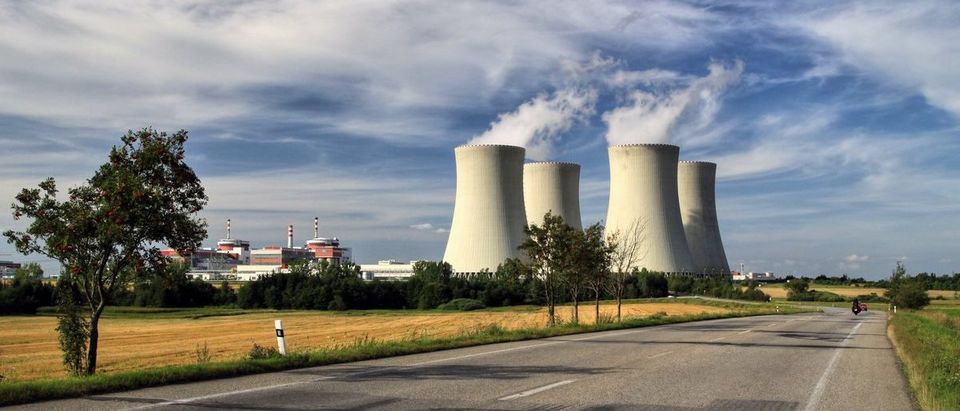A bill to fund the government exempts U.S. nuclear energy regulators from budget cuts, even though their workload has been reduced over the years.
The continuing resolution says the nuclear agencies of the Department of Energy (DOE) are exempt from budget cuts and will continue to receive full funding.
DOE agencies such as the National Nuclear Security Administration and the Nuclear Regulatory Commission (NRC) will see their funding remain roughly stable at current levels.
This is happening even though the NRC saw its budget expand by about 50 percent over the past decade due to a predicted wave of new reactor license requests and general expansion of the nuclear industry that never occurred. Changing economic conditions, however — especially low natural gas prices — slow demand growth for electricity, and the Fukushima nuclear disaster ended this “nuclear renaissance” in the United States.
Declining interest in the construction of new nuclear plants caused the NRC to receive 40 percent fewer licensing requests and about half as many license renewal applications, greatly decreasing its work load. Despite this lack of work, it took the NRC six months and three different attempts last October to give congressional overseers information they requested on the research budgets of projects.Yet, NRC planned only to reduce its budget by roughly 10 percent by 2020 while reducing its staff by around 9.5 percent.
The nuclear agency’s red tape adds millions of dollars in costs and massive delays when it comes to building new U.S. nuclear reactors. U.S. nuclear plants spend an estimated $4.2 million each year to meet government paperwork requirements and another $4.4 million to pay government-mandated security staff, according to an American Action Forum study. In addition to paperwork requirement costs, the average plant spends approximately $14 million on various government fees.
Cost isn’t the only factor that complicates nuclear power expansion. Heavy government regulations combined with policies intended to support wind and solar power make it difficult to profitably operate a nuclear power plant, according to an R Street Institute study. The NRC requires so much paperwork from the nuclear power providers that the average plant requires 86 full-time employees just to go through it all.
It took an incredible 43 years to get approval to build America’s newest nuclear reactor at Watt Barr in Tennessee, due to a combination of scandals, red tape and environmental concerns. Things at the NRC still move so slowly that it took nuclear regulators six months and three different attempts to give congressional overseers information they requested on the research budgets of projects.
Send tips to andrew@
All content created by the Daily Caller News Foundation, an independent and nonpartisan newswire service, is available without charge to any legitimate news publisher that can provide a large audience. All republished articles must include our logo, our reporter’s byline and their DCNF affiliation. For any questions about our guidelines or partnering with us, please contact licensing@dailycallernewsfoundation.org.


